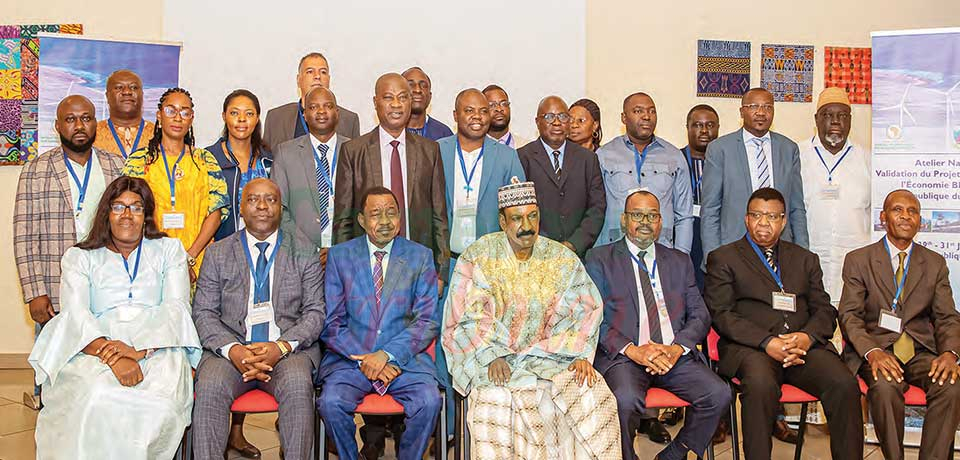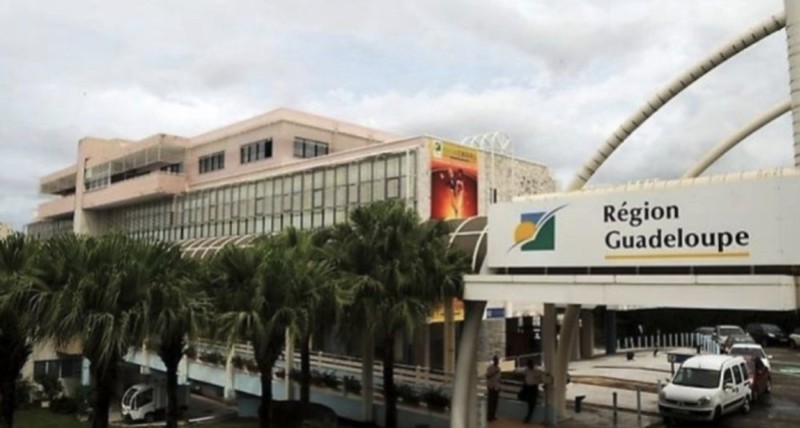
Officials from various government departments have been meeting in Yaoundé since last Monday to consider the profitable exploitation of marine ecosystems.
The national consultative workshop for the formulation of Cameroon’s
national blue economy strategy for Cameroon has been taking place in Yaoundé since July 29. The meeting was initiated by the African Union’s Inter-African Bureau for
the African Union’s Inter-African Bureau for Animal Resources
technical office of the African Union Commission’s Department of Rural Economy and Agriculture
(AU). The opening ceremony, chaired by Jaji Manu Gidado, Secretary General of the Ministry of Livestock, Fisheries and Animal Industries (Minepia), provided an opportunity to find out more about the expected outcomes of this meeting of experts. The aim is to gather the views and contributions of stakeholders, in order to enrich and finalize the development of the national blue economy strategy for African Union member states. The aim is to ensure ownership and buy-in from all key stakeholders.
The blue economy is defined by the Economic Commission for Africa as the sustainable use and conservation of aquatic resources in marine and freshwater environments. In Africa, it is based on five specific areas. Firstly, fishing, aquaculture, conservation and sustainable aquatic ecosystems. Then shipping/transport, trade, ports, maritime safety, security and law enforcement. Coastal and maritime tourism, climate change, resilience, environment and infrastructure make up the third strand. The fourth relates to sustainable energy and mineral resources, and innovative industries. Finally, the fifth area covers policies, institutions and governance, employment, job creation and poverty eradication, as well as innovative financing. For Georges Mba Asseko, Head of the Blue Economy Division at the AU Commission, “the blue economy for Africa is something very important that we have neglected.
Read more: Cameroon Tribune



